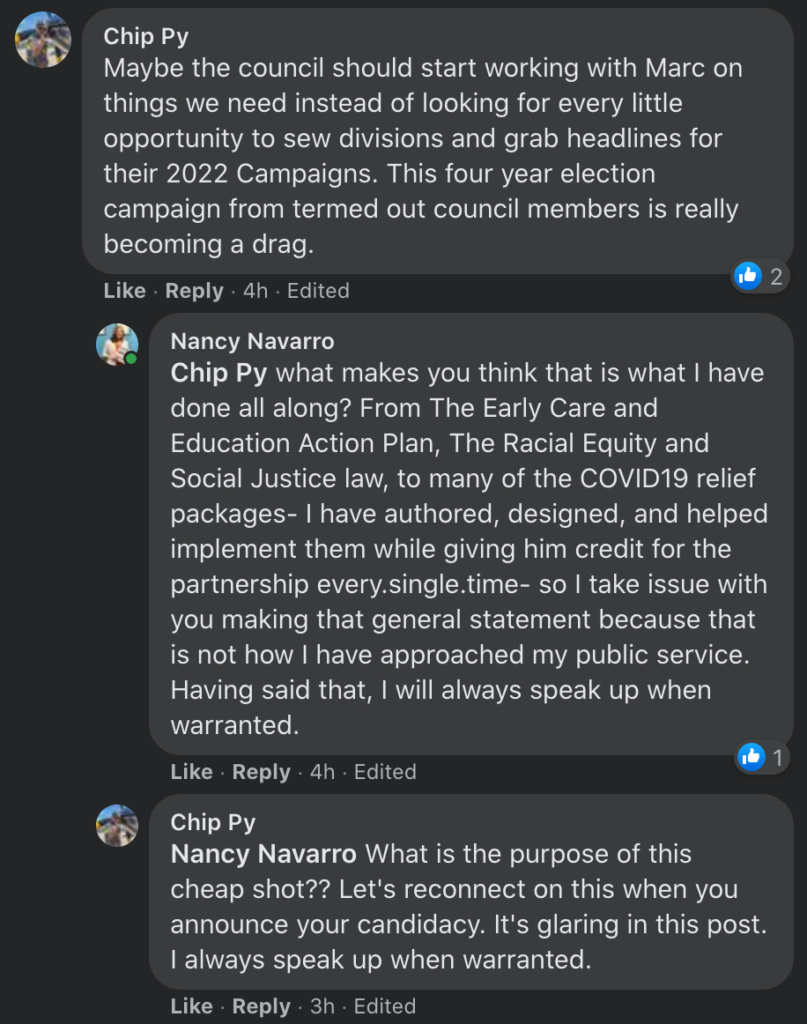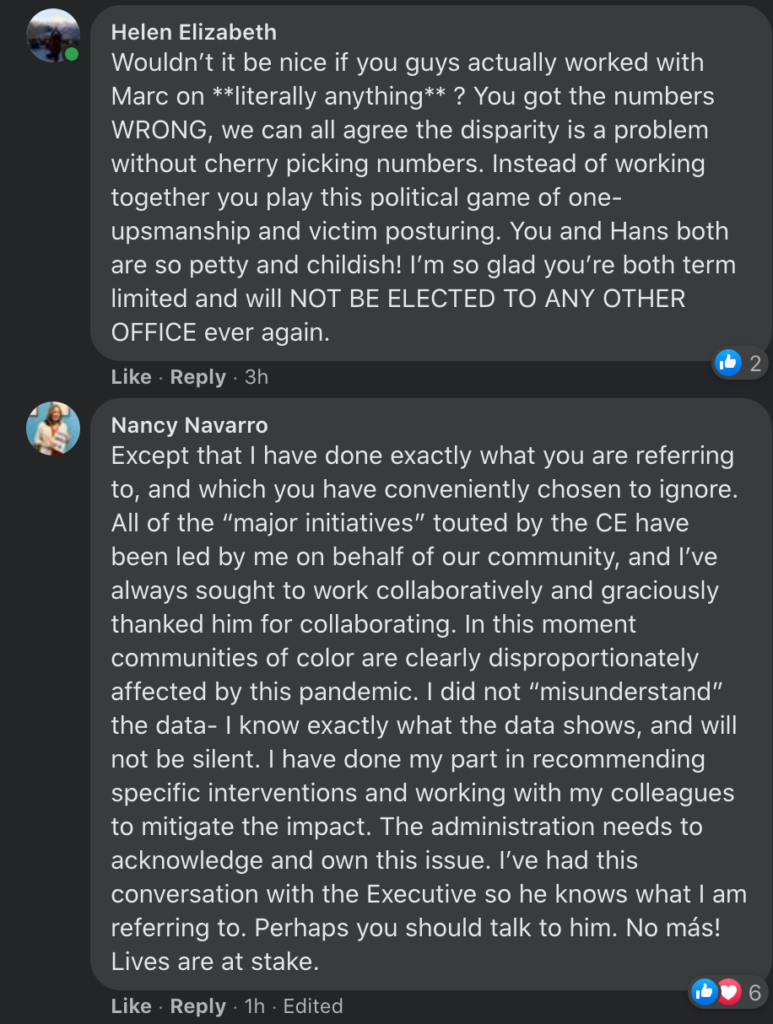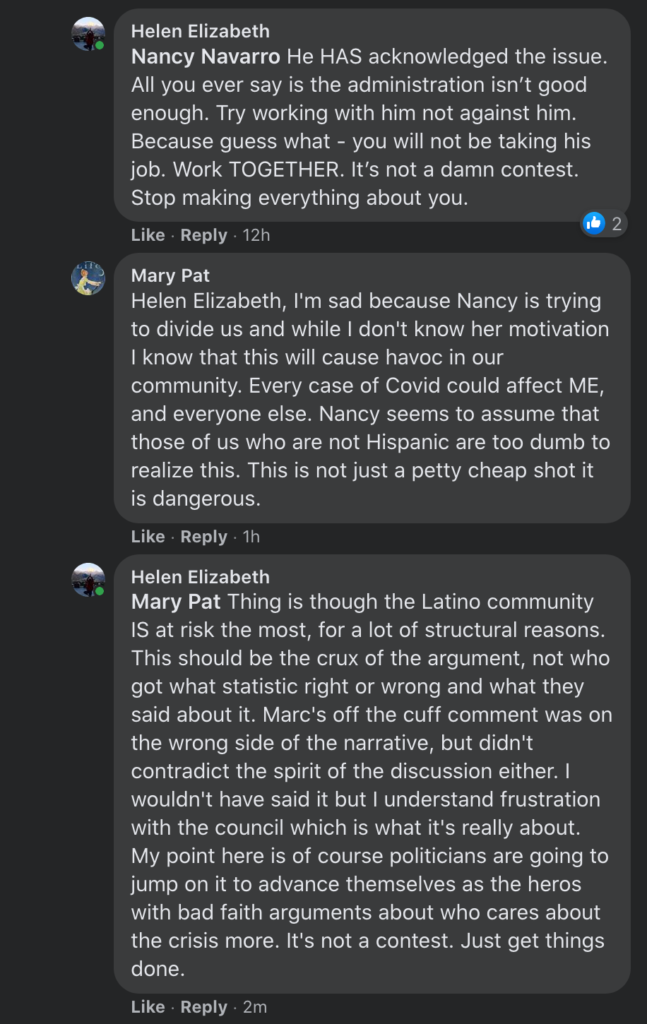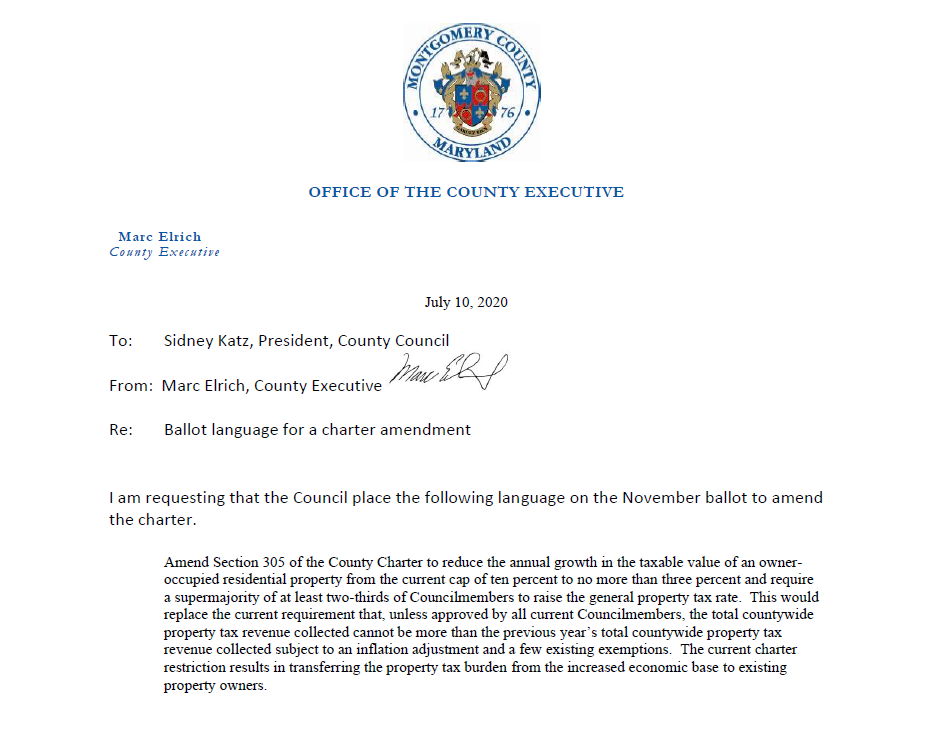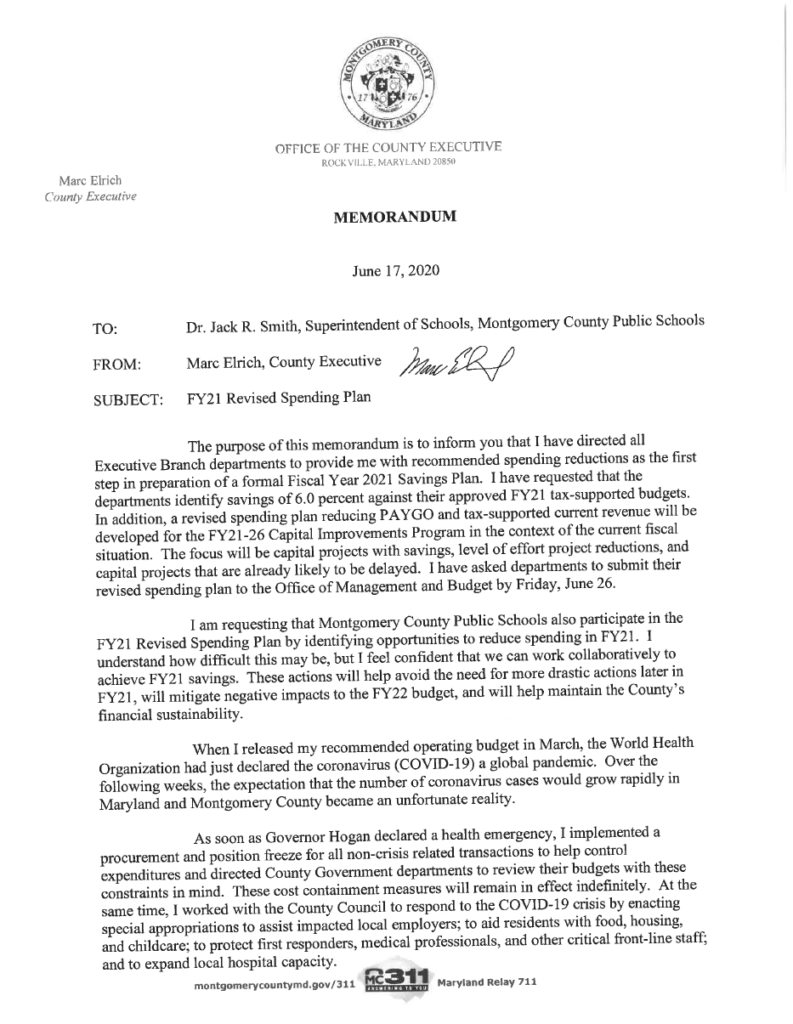By Adam Pagnucco.
Last November, I wrote about the growing feud between Montgomery County Executive Marc Elrich and Governor Larry Hogan. Back then, the issues were the governor’s proposed Beltway widening project, the dispute about how to fix MoCo’s crumbling public safety communications system, the thin blue line flag that was delivered to a MoCo police station and transportation funding. Some of those issues have faded over time but the general radioactivity between the two men can still melt hazmat suits. And now the feud is threatening to blow up MoCo’s private schools.
According to the U.S. Census Bureau, there were roughly 190,000 people age 5 through 18 living in MoCo in 2018. MCPS K-12 enrollment was 158,101 in the 2018-19 school year, suggesting that about 30,000 students, or almost one-sixth of all MoCo kids, were in private school or home school. The Census Bureau’s County Business Patterns series identified 108 private school establishments in the county with 6,610 employees in 2017. Their combined annual payroll was $322 million.
Private schools are a big deal in MoCo.
Right now, private school employees, parents and students are caught in a tit-for-tat power struggle between Elrich and Hogan. This isn’t the typical sparring that the two do over social media. With the county saying one thing and the state saying the opposite, what are these families and employees supposed to do? If you’re a school and you open, the county could fine you. If you don’t, your own parents could sue you and/or pull their kids from your school.
It’s the worst of all worlds!
The situation calls for the low-key tactics of former County Executive Ike Leggett. Hogan, a good old boy developer and son of a Republican politician, and Leggett, a soft-spoken law professor who had risen from a childhood of poverty, couldn’t be more different. But despite their different backgrounds and beliefs, Leggett understood the powers of the governor and learned how to work him. Leggett succeeded in getting Hogan to back off a campaign promise to cancel the Purple Line and the two worked hand-in-hand to lure Amazon to MoCo. If Leggett had any criticism of Hogan, he kept it private. Leggett took a loooooong time to endorse Hogan’s general election rival, Democrat Ben Jealous, and never campaigned against Hogan. The two became peas in a pod – and an odd-looking pod at that!
The lesson of Leggett is not one of capitulation but of continuing to talk despite areas of disagreement. Leggett never made things personal even when other people wanted to. I wrote many tough pieces on his administration and Leggett would respond by seeing me at an event, shaking my hand and saying, “How are you? Is everything OK? Let me know if you need something.” Then I would feel bad about being so hard on him and I would go beat up someone else for a while!
Leggett, who originally hired current health officer Travis Gayles, would have found a way to work this current dispute out. Working the phones with Hogan and state health secretary Bobby Neall, Leggett and his people would have devised a stringent network to regulate private school reopenings without provoking a legal war with the state. And he would have kept it out of the press. The only sign of discussion would have been mutual praise between Leggett and Hogan of what a great job each was doing on handling COVID. As for the private schools, many would probably have opted for distance learning rather than deal with cumbersome county bureaucracy and plan approvals, thereby producing a similar result to the one desired by Elrich. It just would have happened without yelling and screaming.
Leggett is happily retired from elected service now and is probably laughing as he reads this column. He is still around. Maybe Elrich and Hogan should bring him back, always the calmest guy in the room, to settle their increasingly bitter feud.




